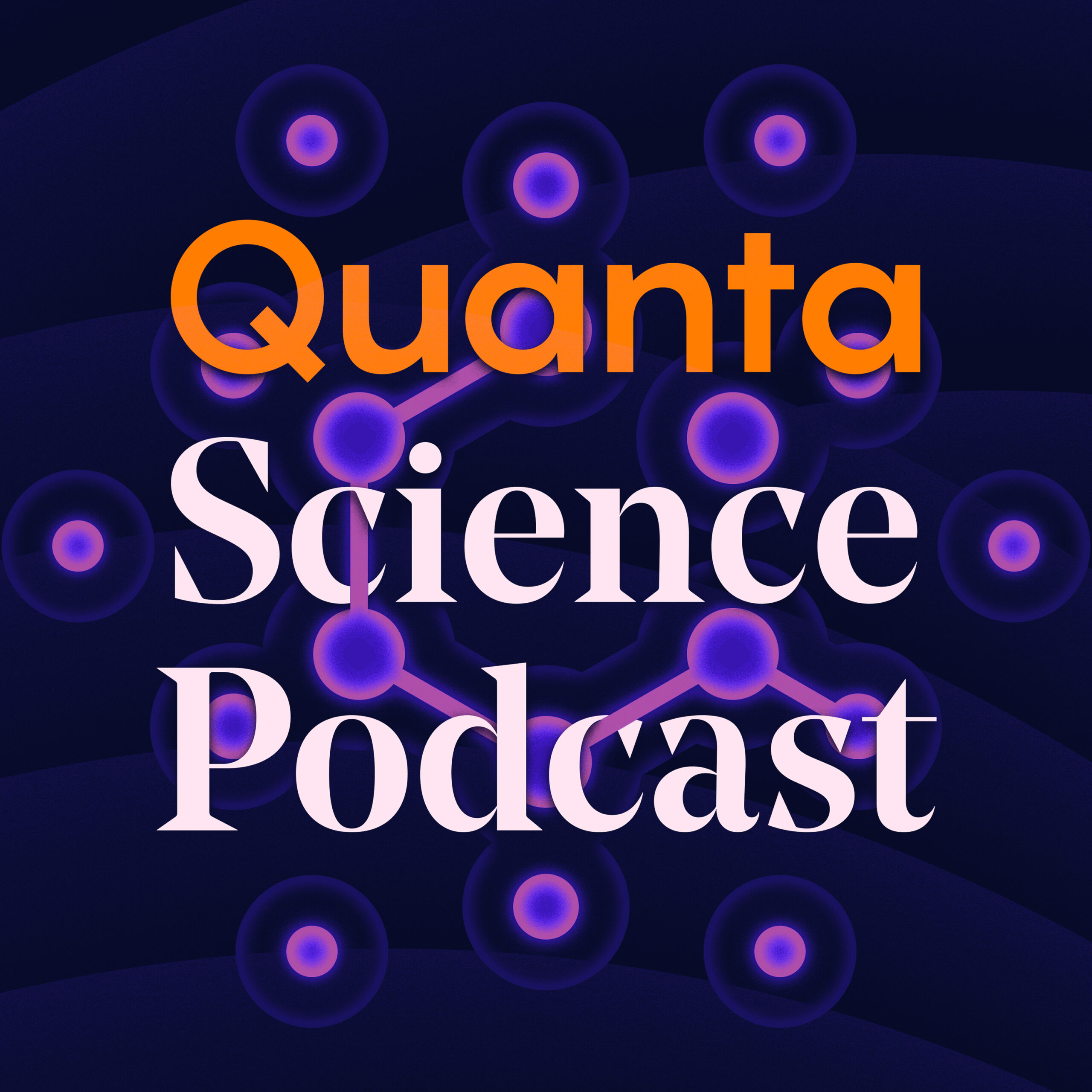We're sunsetting PodQuest on 2025-07-28. Thank you for your support!
Export Podcast Subscriptions
Brain's 'Background Noise' May Explain Value of Shock Therapy
2024/9/4

Quanta Science Podcast
B
Bradley Wojtek
K
K. Ranga Rama Krishnan
S
Sarah Lissemby
S
Susan Vallett
S
Sydney Smith
Susan Vallett: 电休克疗法(ECT)虽然存在负面形象,但对部分抑郁症患者疗效显著,其有效率高于药物治疗。
ECT对重度抑郁症患者的有效率可达50%到70%,而药物治疗的有效率仅为10%到40%。尽管如此,几十年来,科学家们一直不清楚ECT是如何改变大脑的潜在生物学的。
最新研究表明,ECT可能通过增加大脑的非周期性活动(背景噪声)来恢复大脑兴奋和抑制的平衡,从而产生抗抑郁效果。早期研究假设ECT影响阿尔法脑波,但初步研究发现ECT显著增加了大脑的非周期性活动。非周期性活动可能与大脑的兴奋和抑制平衡有关,并可能反映抑制过程。研究人员推测,ECT可能通过抑制某些神经元来缓解抑郁症状,这可能表现为脑电图中非周期性活动的增加。
研究人员推测,ECT通过恢复额叶皮层健康的抑制水平来改善抑郁症状,但这需要进一步研究证实。电休克疗法和磁休克疗法都产生了类似的非周期性活动变化,这表明缓解抑郁症状的关键在于诱发的癫痫发作,而非电场本身。
Bradley Wojtek: ECT的作用机制尚不明确,目前最好的解释是“重启大脑”,但这无法解释其有效性。
我们对ECT如何发挥作用知之甚少,目前最好的解释是它像‘重启大脑’一样。但这并不能解释为什么ECT有效,为什么选择诱发癫痫发作。
未来的研究目标是提高ECT的精确性,减少对患者的痛苦。ECT是一种粗糙的治疗方法,未来的研究目标是提高其精确性,减少对患者的痛苦。
Sydney Smith: ECT是目前治疗抑郁症最有效的方法,但其疗法存在污名化问题。
ECT的污名化源于过去不当的使用方式,但现在ECT治疗过程已得到改进,患者会得到充分知情同意和麻醉。这项研究有助于患者更好地理解ECT的作用机制,从而更充分地权衡治疗的风险和益处。
K. Ranga Rama Krishnan: 虽然ECT与非周期性活动之间可能存在联系,但要证明因果关系需要更大规模的研究。
要证明ECT引起的改变是导致抑郁症改善的原因,需要精心设计的大规模研究,比较疗效好坏的患者群体,并分析其时间关联性。目前的研究是朝着理解ECT机制迈出的重要一步。
Sarah Lissemby: 电休克疗法和磁休克疗法都产生了类似的非周期性活动变化,这表明缓解抑郁症状的关键在于诱发的癫痫发作,而非电场本身。
磁休克疗法与ECT疗效相当,且副作用更少,但尚未获得FDA批准,仅限于研究用途。
Deep Dive
ECT, despite its negative connotations, proves highly effective for depression patients unresponsive to medication. It involves inducing a brief seizure via electric currents, and although its mechanism remains unclear, it significantly improves symptoms in a substantial percentage of patients compared to medication alone. The procedure is performed with patient consent, anesthesia, and muscle relaxants to ensure comfort.
- ECT's effectiveness in treating major depressive disorder (50-70% success rate), exceeding that of medications (10-40%).
- Historical negative perceptions and stigma surrounding ECT due to its past use without consent or regard for patient comfort.
- Modern ECT procedures emphasize patient consent, anesthesia, and muscle relaxants to minimize discomfort.
Shownotes Transcript
Electroconvulsive therapy is highly effective in treating major depressive disorder, but no one knows why it works. New research suggests it may restore balance between excitation and inhibition in the brain.
The post Brain’s ‘Background Noise’ May Explain Value of Shock Therapy) first appeared on Quanta Magazine)